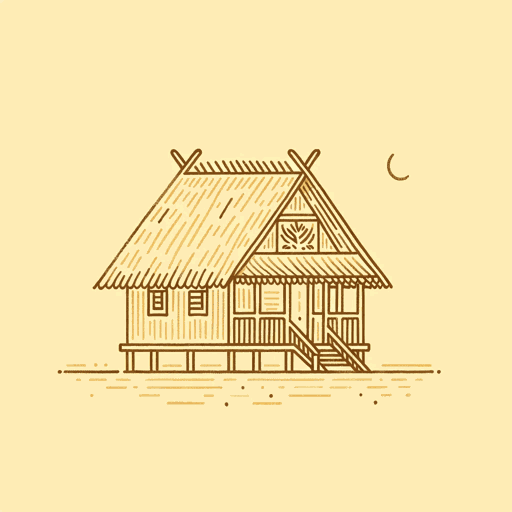49 pages • 1 hour read
Charles KingGods of the Upper Air: How a Circle of Renegade Anthropologists Reinvented Race, Sex, and Gender in the Twentieth Century
Nonfiction | Biography | Adult | Published in 2019A modern alternative to SparkNotes and CliffsNotes, SuperSummary offers high-quality Study Guides with detailed chapter summaries and analysis of major themes, characters, and more.
Chapters 12-14Chapter Summaries & Analyses
Chapter 12 Summary: “Spirit Realms”
In 1936, Huston arrived in Haiti, where her objective was to enhance her understanding of Voodoo as unique to Caribbean culture. She embraced the mystical fluidity of the practitioners’ relationship to death and the spirit world and found that the practice of this religion differed from region to region across the 10,000 square mile country. Beliefs around mortality especially intrigued her; death was not considered the end it was in Western society, but rather a change in one’s state of being. Spirits or deities called loa could influence the living and impact events around them.
The zombie was another concept from Haitian religion that was new to Westerners. From two separate publications, The Magic Island (1929), by William Seabrook, and Life in a Haitian Valley (1927), by Melville Herskovits, Western audiences had become familiar with the concept of a zombie, a person whose soul had departed, but whose body remained animated, a shell of the former self among the living. Hurston had the opportunity to meet a presumed zombie: Felicia Felix-Mentor had been buried for 29 years when she appeared walking naked on the side of the road. In the meantime, her husband had remarried, and her brother had taken ownership of a family farm that had been willed to Felicia.

